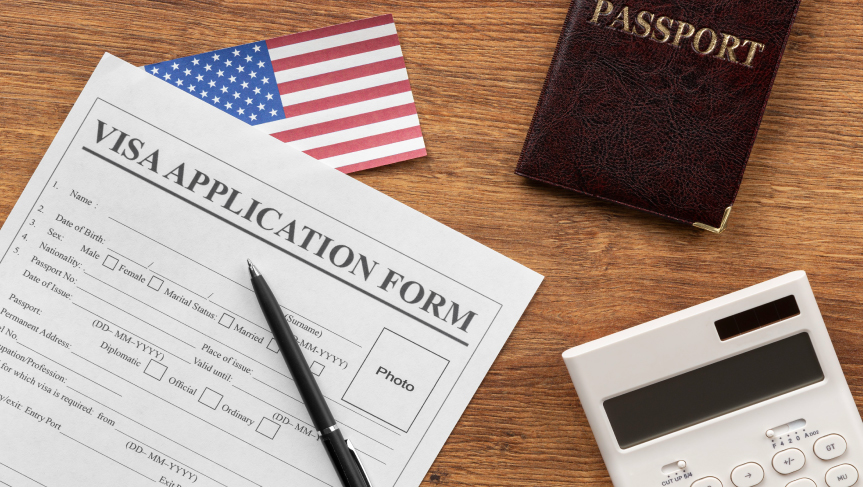Thousands Of Immigrants Deported Each Year For Minor Crimes
Due to archaic U S drug laws hundreds and thousands of people are sent away from the country each year due to committing minor drug offenses, even if they had served out the term long ago. This has come to light due to a report which was released some days ago by an international advocacy…
Read More “Thousands Of Immigrants Deported Each Year For Minor Crimes” »

